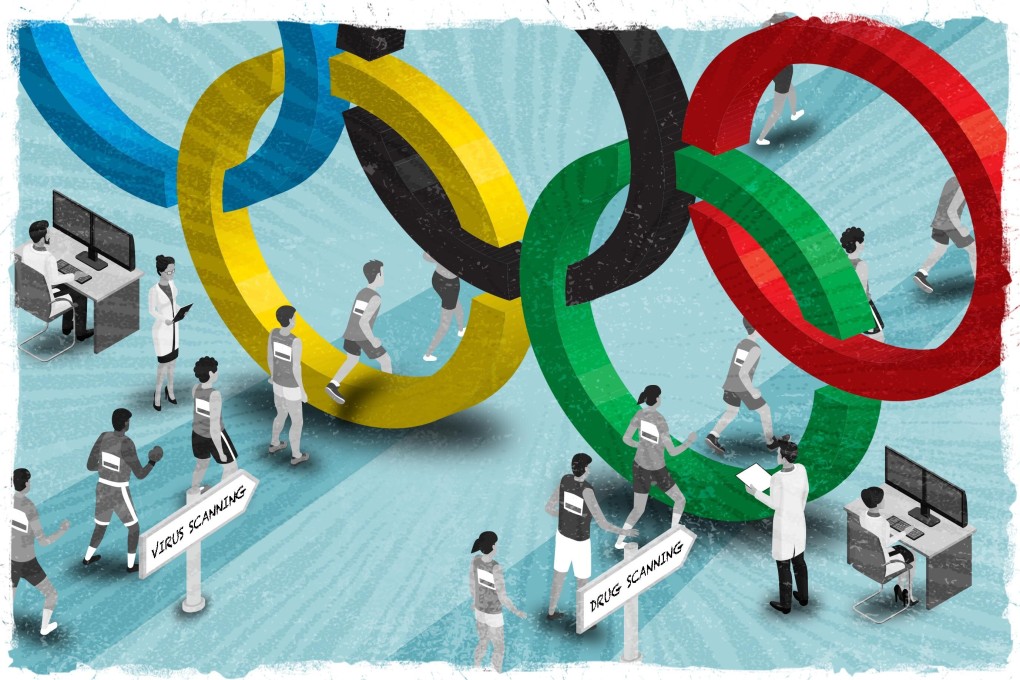Tokyo Olympics: Covid-19 restrictions a headache as dope testers remain on high alert to catch drug cheats
- Benjamin Cohen, of the International Testing Agency, says his team members need good access to athletes to ensure an efficient anti-doping programme in Tokyo
- The IOC is hoping to avoid the embarrassment of five years ago when 111 Russian athletes were barred from the Rio Games

The concept of testing athletes at the Olympics has taken on a whole new meaning for these Tokyo Games. While the Covid-19 pandemic has focused attention on daily coronavirus testing for each of the 11,000 athletes expected to descend on the Japanese capital, the International Olympic Committee (IOC) and its partners will also be fully armed to carry out a more traditional testing routine – to catch doping cheats.
Since Ben Johnson’s sensational positive test for the anabolic steroid stanozolol after the 1988 Seoul Olympics men’s 100m final, the IOC and anti-doping agencies have been in a fierce tit-for-tat battle with cheaters who continually produce new performance-enhancing substances designed to evade even the most sophisticated of testing methods.
The most recent scandal was when 111 of 389 Russian athletes due to take part in the 2016 Rio Olympics received bans after an investigation into state-sponsored doping overseen by the Russian Anti-Doping Agency (Rusada) and covered up at government level.
“The coronavirus is causing us headaches,” Cohen told the Post. “Right now, we are still not 100 per cent sure how things are going to work in Tokyo. The organisers want to create ‘bubbles’ to protect the athletes at the Olympic Village and so on, but that is difficult for us because we need to be in touch with the athletes, the heads of their national delegations, their medical teams to do our job, but at the same time protect the health of our staff.”
